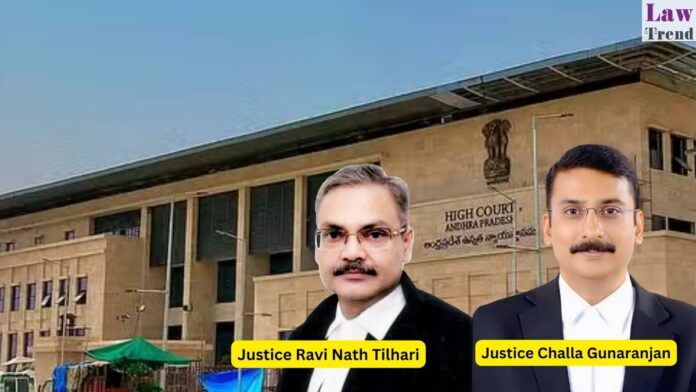In a judgment dated 9 May 2025, a Division Bench of the Andhra Pradesh High Court comprising Justice Ravi Nath Tilhari and Justice Challa Gunaranjan dismissed an appeal filed by the Regional Director of the Employees’ State Insurance Corporation. The Court upheld the Labour Court’s decision declaring K.S.R. Cotton Mills Pvt. Ltd. as a seasonal
To Read More Please Subscribe to VIP Membership for Unlimited Access to All the Articles, Download Available Copies of Judgments/Order, Acess to Central/State Bare Acts, Advertisement Free Content, Access to More than 4000 Legal Drafts( Readymade Editable Formats of Suits, Petitions, Writs, Legal Notices, Divorce Petitions, 138 Notices, Bail Applications etc.) in Hindi and English.




